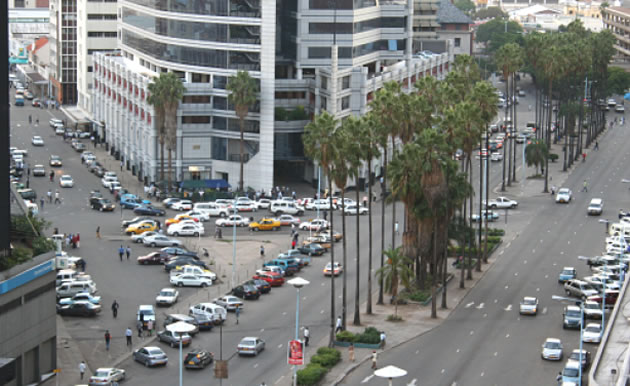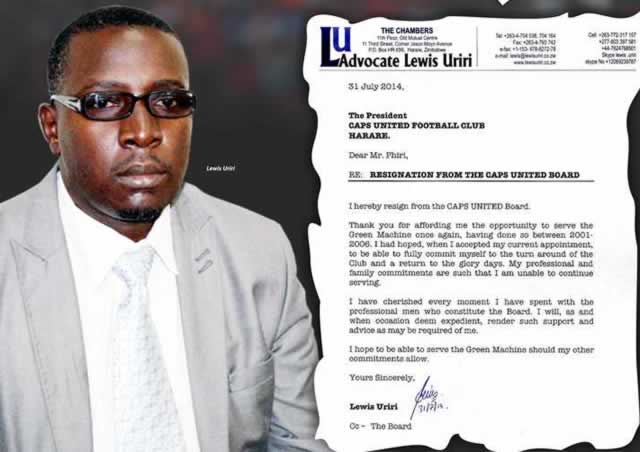Editorial Comment: Less politics, more economic development


LAST year’s watershed election on July 31 ushered in a new Government and with it the hope that the economy will take the centre stage. However, a year later it is the politics which has been dominant while the economy is still mired in challenges.
As we mark the first year of this Government, a paradigm shift is needed going forward in order to improve the performance of the economy and better the lives of citizens.
The biggest problem facing the Government at the moment is that of perception, rhetoric and to a lesser extent populism.
It’s good they have allayed fears on the return of the Zimbabwe dollar allowing pricing stability to continue. Local currency should only come back when the country has created sufficient reserves.
The first step in getting the economy to tick is the formation of a think-tank or Planning Commission that will be made up of independent analysts.
This taskforce will enforce economic policy implementation and come up with ways to arrest the economic decline.
Secondly, the indigenisation policy should allow Zimbabweans to partake in the economy at the same time promoting the movement of Zimbabwean enterprises into Africa. The Government needs to come up with a smart way of creating savings among citizens.
Everyone is agreed indigenisation is necessary. The fear is about the lack of productive indigenisation or empowerment. The biggest challenge would be the best way to indigenise without affecting production and investment.
Investing in skills will be key in getting the country forward. It’s good the Government launched its youth policy and the graduate policy GEEP.
There has always been a lot of rhetoric around literacy rates being the hardest, but these are only good inasfar as people are able to read the doctor’s prescription and the menu at Chicken Inn.
The bottom line is literacy does not equate to skills. There will be need for Government to build from the bottom and improve the level of education in the country.
The borders also need to be equipped with the right skill. Overall, the resources are there, what is missing is the catalyst. The land is there, the minerals are there even the animals, birds, flora and fauna . . . All is there. What is missing is the money.
The next biggest thing that Government has to effectively deal with is corruption. Corruption should not be tolerated, every minister should be accountable for his action and immediately punished when there is a hole!
Zimbabwe also needs to play catch-up with the global markets and the only way they can easily do this is through Sadc which we chair from this month.
However, the biggest worry in the Sadc bloc especially the 34th session due to be hosted by Zimbabwe this month is its steadfast resolve to enhance political and military co-operation with little convergence on trade and economic development.
A precursor to such resolve will compel member states to open borders and confluence towards a UNIVISA travel system that allows free movement of goods and people including capital mobility.
This will even strengthen infrastructure development such as roads and rail including ports into and between countries.
But 34 years on, the call for political existence is gaining more precedence.
This is where the regional bloc has lost it and as such continues to be rudderless on the vestiges of crafting policies on developmental prerequisites.
On the economic and policy front it is decades before Sadc can craft a single monetary union (remember they had a 2017 deadline) and, worse still, adopt a developmental paradigm that is inward looking to thwart the Chinese onslaught and concomitant de-industrialisation in their countries.









Comments